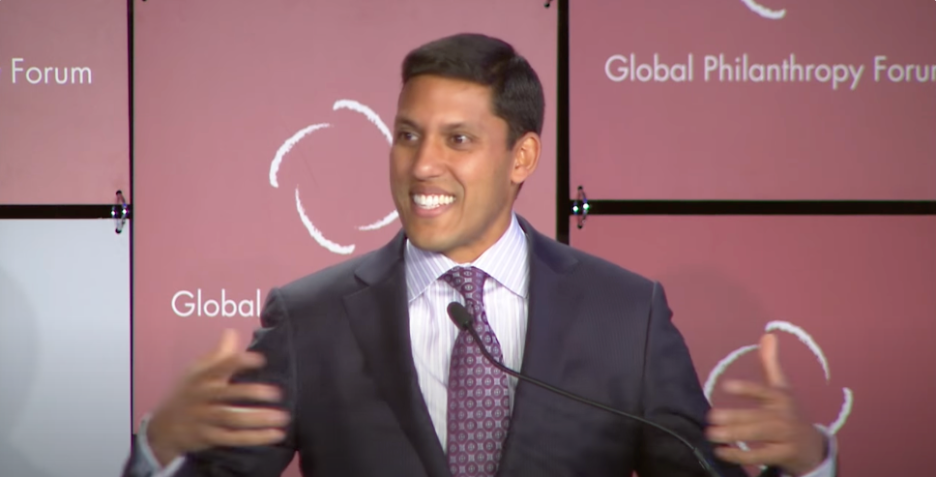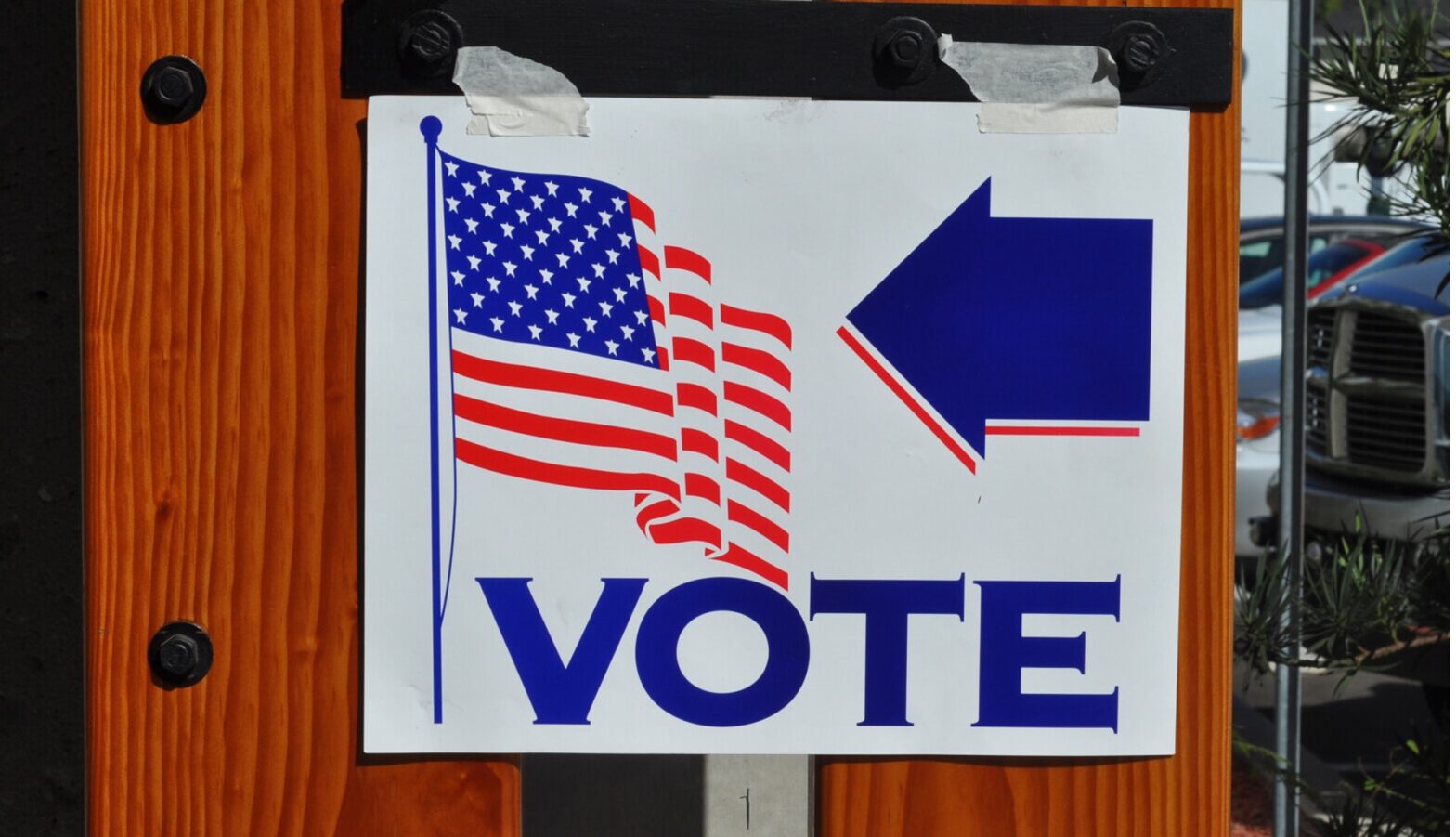If successful, the suit would further politicize the charitable world, to its great detriment.
The below column originally appeared in The Chronicle of Philanthropy on April 25, 2024.
***
A small nonprofit that doesn’t even have a website is attempting to upend a 70-year-old law that prohibits charities from endorsing political candidates. If it succeeds, it could cause major disruptions in the nonprofit world.
Last month, Students and Academics for Free Expression, Speech, and Political Action in Campus Education—a nonprofit led by Ilya Shapiro, a senior fellow at the Manhattan Institute—asked the Federal Tax Court to approve its application for 501(c)(3) status. This action was necessary, the nonprofit said, because the Internal Revenue Service had not approved the request in the allotted 270-day time frame.
The IRS application was itself unusual in that it explicitly stated that the nonprofit, which uses the acronym SAFE SPACE, would endorse political candidates and engage in substantial lobbying. If successful, the lawsuit filed in the Federal Tax Court would essentially overturn the Johnson Amendment, which prohibits charitable organizations from endorsing political candidates.
This restriction, originally introduced by then-Senator Lyndon Baines Johnson, was adopted by Congress in 1954 and maintained by the 1969 Tax Reform Act, which limited the involvement of 501(c)(3) groups in partisan politics and lobbying. The current legal action would enable nonprofits to take tax deductible contributions for political purposes.
This is not the first time the Johnson Amendment has been challenged. As president, Donald Trump issued an executive order weakening the restriction. That action, and subsequent congressional moves to reverse the Johnson Amendment, mobilized opposition from nonprofits and foundations. The Council on Foundations, Independent Sector, National Council of Nonprofits, and many other associations argued that such a step would create deep partisan divisions within the nonprofit world and potentially undermine the legitimacy of the charitable tax deduction.
Opposition forming
Based on conversations I’ve had in the past few weeks with leaders of those associations, a similar broad coalition is now forming in opposition to the SAFE SPACE lawsuit.
Council on Foundations President Kathleen Enright said that legal action “could undermine the very legitimacy of the sector and the charitable tax deduction.”
Jeffrey Moore, chief strategy officer at the Independent Sector, told me that the organization “opposes any effort to nullify the Johnson Amendment, whether it is pursued in Congress, the administration, or the courts.”
And National Council of Nonprofits CEO Tim Delaney noted that the “overwhelming majority of 501(c)(3) organizations … are nonpartisan in law, fact, and culture, and are committed to remaining that way.”
The only absent voice is the conservative Philanthropy Roundtable. Its senior vice president, Elizabeth McGuigan, told me that the roundtable “has not taken a position on the lawsuit and remains neutral on the broader issue.” That’s strange given that the organization generally supports efforts to expand donor freedom. Interestingly, one of the lawyers for SAFE SPACE, Alexander Reid, eloquently defended such freedom in a piece on the Roundtable’s website 11 years ago.
So, what’s really at stake in this case? As I discussed in a previous column, the boundary between charity and politics has become blurred, if not extinguished. While most nonprofits stay out of politics and lobbying, a small but well-funded group of 501(c)(3) organizations engage in aggressive voter registration, mobilization, and education activities that may influence the outcomes of elections. Indeed, one organization—Blue Tent—offers helpful advice on how to support such work while getting a charitable deduction.
These groups, however, do not endorse candidates, even if their activities have a partisan slant. Most have 501(c)(4) affiliates that allow them to pursue more partisan ends.
In its lawsuit, SAFE SPACE and its legal representatives argue that creating a 501(c)(4) affiliate would be too costly and burdensome. Hence, they ask the court to approve the group’s charitable status and allow the explicit endorsement of candidates.
If this request is ultimately granted and the ban on political endorsements lifted, the consequences could be highly significant for some organizations, while barely noticed by others.
Nonprofits with broad bases of financial support will likely continue to stay out of politics for the prudent reason that any endorsement might alienate a significant portion of their donors. However, groups that are already engaged in electoral-adjacent activities would face a dilemma. They could openly endorse candidates and lose the patina of simply making democracy and civil life stronger. Or they could endorse candidates and make the most of soliciting tax-deductible partisan contributions. My guess is that most would choose the latter.
Partisan pressure
Other nonprofits not involved in electoral work could confront more daunting challenges. For example, if a group depends heavily on a few big donors with clear political interests, would it feel comfortable saying “no” when such donors ask them to endorse particular candidates? What about an organization that provides social services and is heavily dependent on state or local government funding? Would it be able to turn down a request for endorsement by a leading candidate who would control those purse strings?
All this could pose a particular problem for college leaders who, in the face of student, faculty, and donor demands, are already feeling pressure to toe a specific ideological line. Those pressures could easily morph into serious partisan demands if the Johnson Amendment is overturned. How would the administration and trustees respond, for example, if prominent donors ask them to take a political stand or faculty and students insist the university endorse their favored candidate?
The ultimate test case might occur when a billionaire philanthropist, say Michael Bloomberg, decides to run for office. Would the thousands of recipients of the candidate’s wealth feel compelled to provide an endorsement? Would the candidate have the willpower to discourage these partisan acts?
Right now, these challenges are theoretical since the SAFE SPACE case is likely to take many years to resolve and could end up in front of the Supreme Court. But the stakes are high and worth pondering. If the courts hold that free speech by 501(c)(3) organizations is an absolute right, the Johnson Amendment will cease to exist, along with core elements of the current regulations governing charitable groups. In making such a decision, the judiciary would send a clear signal that extending the freedom of speech to the partisan realm is worth the risk of damaging the fundamental legitimacy of the charitable world and its tax deductions.
Many of the most prominent leaders in the nonprofit field would forcefully reject these propositions, as they have for decades.
In the 1960s, foundations and nonprofits were under keen scrutiny for their suspected involvement in partisan activities. The constraints embodied in the Tax Reform Act of 1969 and later legislation represented a compromise that allowed for limited involvement in elections and an absolute ban on explicit partisan endorsements.
While this compromise has slowly eroded over time, the SAFE SPACE case would, if victorious, turn the nonprofit world into a lucrative source for political campaigns and a vulnerable target for those who believe political contributions shouldn’t be subsidized by taxpayers.
Let’s hope that the suit is quickly squashed. In the meantime, perhaps we should take this moment to revisit what drove the separation between politics and the nonprofit world in the first place. Do we really want charitable work to suddenly mirror our current politics? That could be the new reality if we destroy the grand bargain that has been in place for seven decades.




